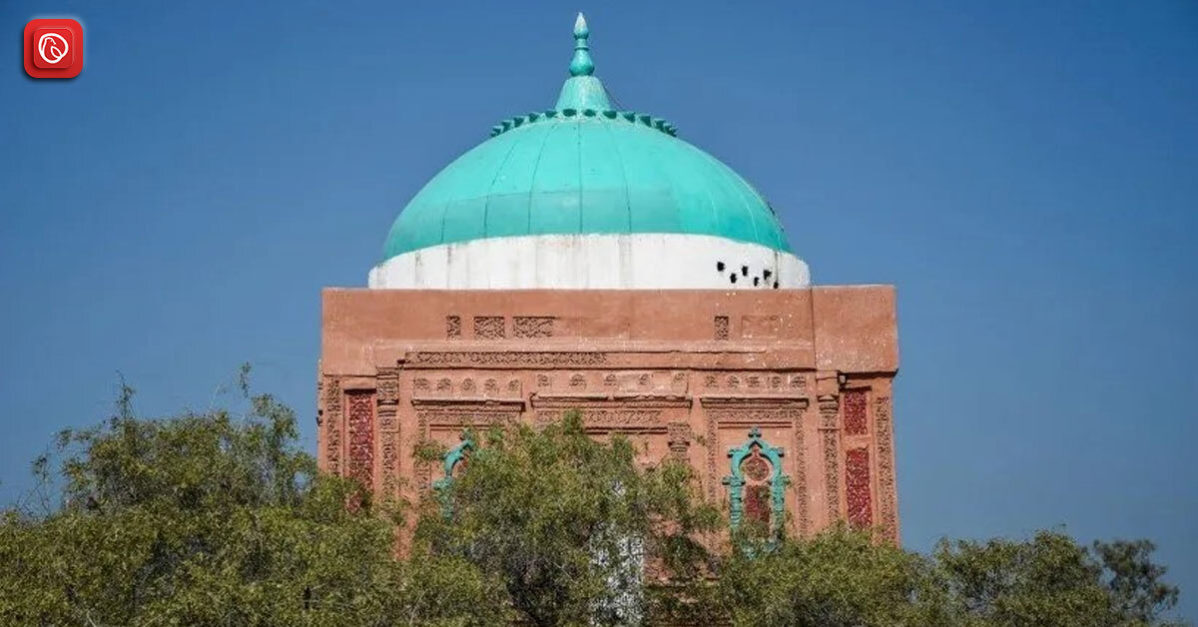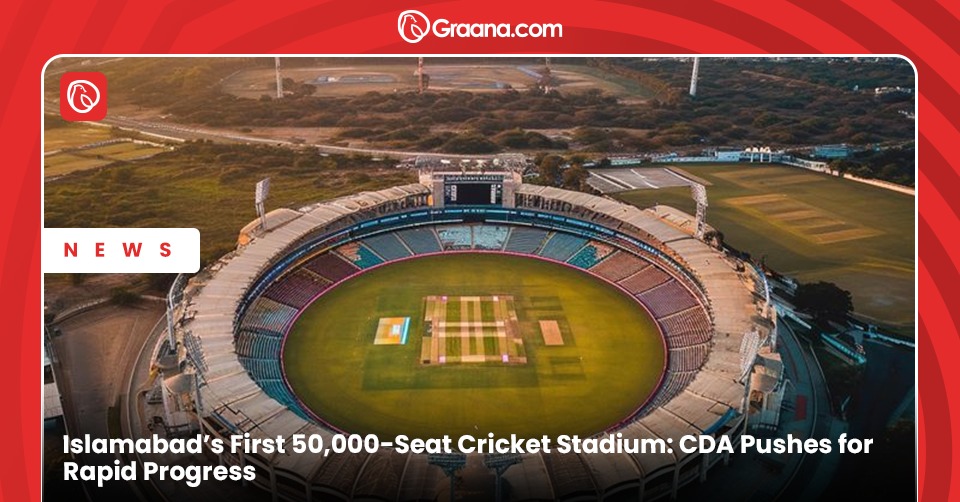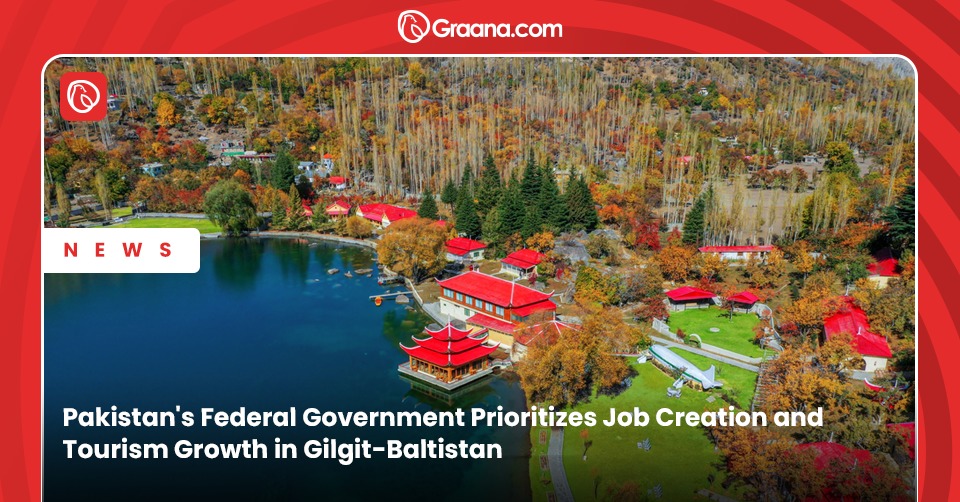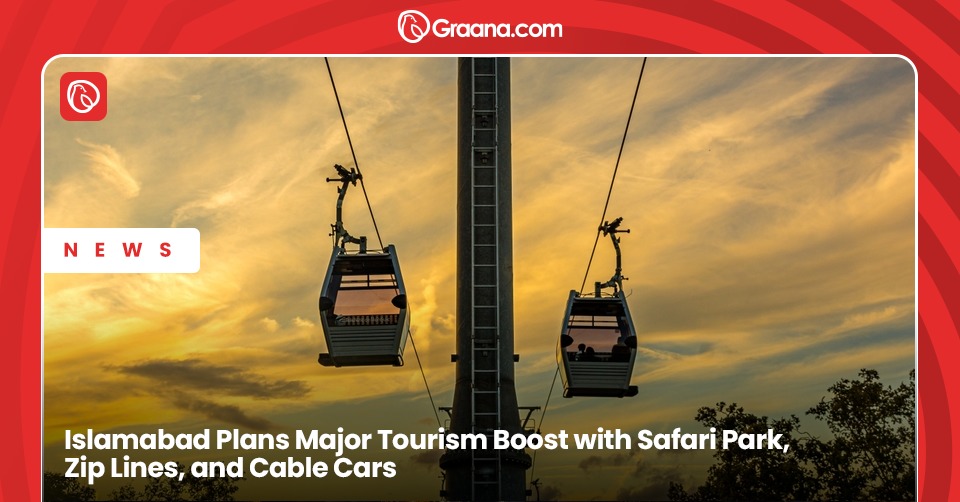Kabirwala, a lively city located in the Punjab province of Pakistan, exudes charm despite its modest size. Situated alongside the Ravi River, approximately 120 kilometres away from Multan, Kabirwala beckons travellers with its rich cultural tapestry, storied monuments, and vibrant arts and crafts scene.
A magnet for tourists eager to immerse themselves in Pakistani culture, the city promises a captivating journey through its historical and traditional treasures. Graana.com has prepared a detailed guide about Kabirwala, including its history, culture, activities and more.
History
Kabirwala, named after Baba Pir Kabir, who resided in the area, was initially part of Multan until administrative restructuring transformed it into the largest sub-division of Khanewal district. Before 1937, Sirai Sidhu, an ancient city, served as the tehsil headquarters for the entire Khanewal district.
Under British governance, Kabirwala functioned as the northernmost tehsil of Multan District, Punjab, encompassing a larger territory than present-day boundaries, spanning between 30°5′ and 30°45’N and 71°35′ and 72°36′ E, covering an area of 1,603 square miles (4,150 km2).
The population in 1901 stood at 130,507, compared to 113,412 in 1891. It included the town of Tulamba (with a population of 2526 in 1901) and 320 villages, with Kabirwala serving as the administrative centre. The land revenue and taxes in 1913-4 amounted to 520,000 Rupees.
The Ravi River traversed the northern portion of the tehsil, merging with the Chenab in the northwest corner. The Sidhnai Canal irrigated the northern and western regions, while the southern area comprised uncultivated Bar Jungle. Throughout the British colonial era, Kabirwala functioned as a sub-division of the Multan district, generating an annual revenue exceeding half a million Rupees.
Culture and Religion

The Kabirwala region is characterised by its rich religious and cultural diversity. It houses not only the tombs of Muslim Sufi saints but also Hindu places of worship. Serving as the seat of Baba Pir Kabir, Kabirwala city is home to various significant sites such as the historic tomb of Khalid Walid, located 24 km west along the Multan – Sarai Sidhu Road in Mouza Khati Chore.
Additionally, the area houses the tomb of the saint Abdul Hakim in the sub-tehsil city of Abdul Hakim, and the tomb of the saint Ali Sher Bhutta Naqshbandi, constructed recently on the site where Ali Sher used to meet his disciples and aid people.
Apart from its significance in Islamic education, Kabirwala hosts two Hindu Shamshan Ghats (cremation sites), namely Ram Chotra and Lachman Chotra, situated along the banks of the Ravi River. Additionally, Sarai Sidhu, a sub-town of Kabirwala, is home to a Mandir (Hindu temple). At the same time, the Sikh Gurudwara named Pehli Patshahi is located in Makhdoompur, a sub-town 12 km away from Kabirwala.
Transport and Communication
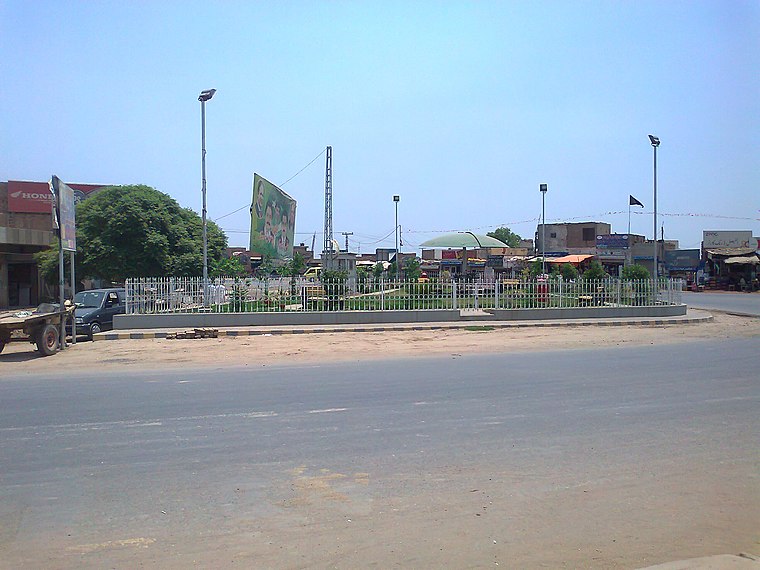
Situated at a strategic juncture, Kabirwala is a vital nexus connecting the southern and northern regions of Pakistan. It acts as a thoroughfare for all transportation originating from provinces like Sindh, as well as districts including Dera Ghazi Khan, Muzaffargarh, Rahim Yar Khan, Bahawalpur, Multan, and Khanewal, bound for the capital city of Islamabad.
These routes must pass through Kabirwala en route to destinations like Jhang and Sargodha. The city features two bus terminals: the older one positioned on the western outskirts along Multan Road, and the newer one located on the southern periphery along Khanewal Road. In addition to housing bus company offices, these terminals also accommodate facilities for trucking, logistics, and cargo companies.
Places to Visit
In Kabirwala, visitors can explore a variety of historical sites, religious monuments, and natural wonders. The Khabir Shah Shrine attracts both tourists and locals with its stunning architecture and spiritual importance. Another noteworthy site is the Allama Iqbal Library, renowned for its valuable collection of ancient texts and manuscripts.
Nature lovers will appreciate the picturesque views along the Ravi River, bordered by verdant fields and woodlands. Additionally, Jinnah Park provides a favourite spot for leisure activities, offering gardens and play areas for children to enjoy.
Khalid Waleed Shrine
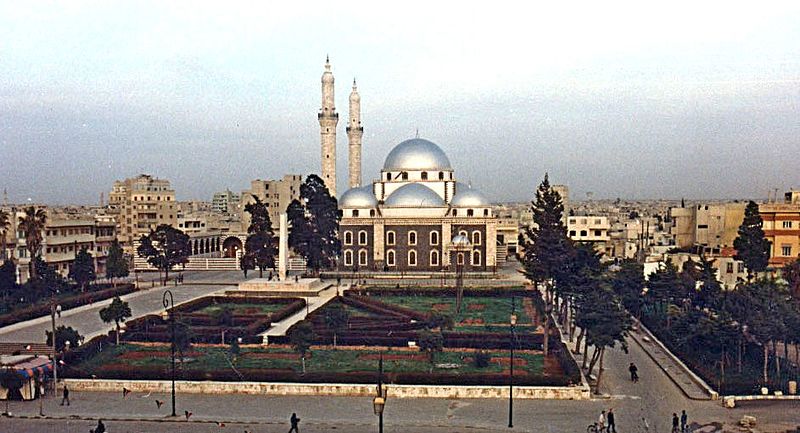
The Shrine of Khalid Waleed, a Sufi shrine honouring the 12th-century warrior-saint Khalid Waleed, is situated in the village of Nawan Sheher, near Kabirwala. Dating back to the era of the mediaeval Delhi Sultanate, this shrine is believed to be one of the earliest Muslim funerary monuments in South Asia.
Constructed during the late 12th and early 13th centuries, it bears an inscription crediting its construction to Ali bin Karamakh, who served as the Governor of Multan during the reign of Muhammad of Ghor. The tomb was identified as the shrine of Khalid Walid by Dr. Ahmad Nabi Khan and Kamil Khan after its rediscovery.
Tulamba Fort
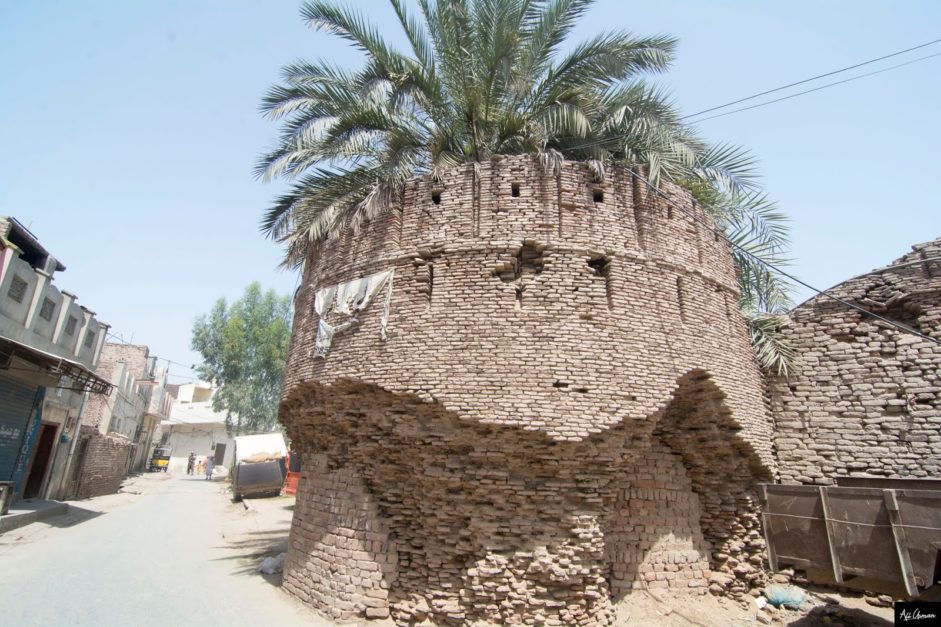
Until 1985, Tulamba, situated on the eastern bank of the Ravi River between Abdul Hakeem and Mian Channu, was included within the boundaries of the Multan district when it became part of Mian Channu Tehsil within the newly formed Khanewal District.
Tulamba has a population of almost 50,000, and its inhabitants predominantly converse in Rachnavi Punjabi, commonly known as Tulmabvi. According to local legend, Tulamba traces its origins back over 2,500 years, with archaeological evidence revealing layers from various civilizations including the Moi tribe, Greek, Sasani, Budh, Hindu, and Muslim eras. Excavations have unearthed coins from previous administrations.
The ancient ruins of Tulamba, located about 1 kilometre (0.62 mi) from the current city, are in a state of disrepair due to natural erosion and neglect, although remnants of brick structures are still visible. Dr Sayyed Zahid Ali Wasti’s observations during his 1967 visit described extensive ruins spread over several miles, including a fortified citadel with a tall tower and a protective trench dating back three thousand years.
However, most of these features have since deteriorated further. The trench was partially restored in 1988 to address damages. Tulamba’s strategic location has historically attracted numerous armies, with notable encounters including Alexander the Great’s invasion when the region was ruled by the Moi people. Subsequently, Sher Shah Suri constructed a fort within Tulamba, parts of which are still intact and currently house the girls’ higher secondary school and town committee offices.
Khanewal Junction
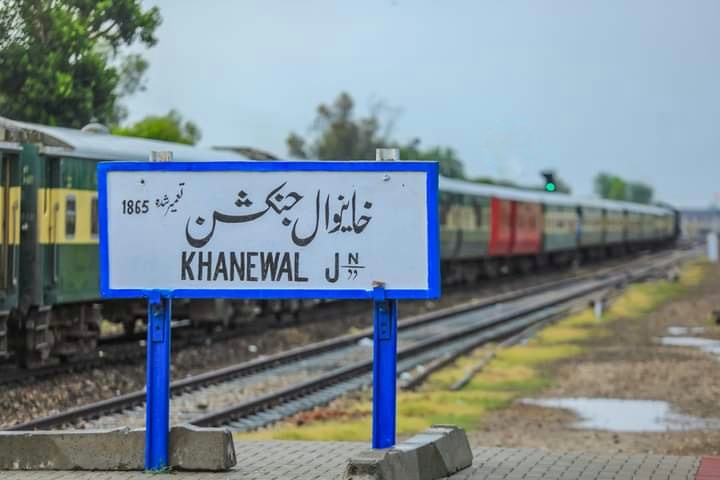
Khanewal Junction plays a crucial role as a railway hub within Pakistan Railways, where the Khanewal-Wazirabad branch railway line intersects. It serves as a station for all Express trains except the Shalimar Express and Night Coach Express. The station is well-staffed and equipped with reservation offices.
From Khanewal Junction, passengers can travel to various destinations including Karachi, Lahore, Rawalpindi, Peshawar, Quetta, Multan, Faisalabad, Sargodha, Jhang, Hyderabad, Sibi, Sukkur, Attock, Rahim Yar Khan, Bahawalpur, Gujrat, Gujranwala, Rohri, Jacobabad, Nawabshah, and Nowshera.
Activities
Travellers visiting Kabirwala have a plethora of activities to choose from, including shopping at vibrant local markets, attending thrilling sporting events, and immersing themselves in the city’s cultural heritage. Kabirwala boasts various bustling markets like Kabirwala Bazaar and the Vegetable Market, where tourists can shop for authentic handicrafts, apparel, and fresh produce.
For sports enthusiasts, there’s the opportunity to partake in cricket or football matches held at the city’s stadiums. Additionally, Kabirwala hosts numerous cultural festivities and events throughout the year. These events provide an insightful glimpse into the diverse traditions and customs of Pakistan.
Kabirwala Postal Code
The postal code for Kabir Wala is 58250, situated within the Khanewal district of the Punjab province in Pakistan.
| Post Office | Kabir Wala |
| Postal Code | 58250 |
| Province (State) | Punjab |
| Main GPO | Khanewal GPO |
| Delivery Status | Delivery |
| Attached Branch Code | 58251 |
| District | Khanewal |
| Contact Number | Not Available |
| Address (Location) | Kabir Wala Post Office, Khanewal GPO, Punjab – 58250 |
Frequently Asked Questions (FAQs)
Following are the most common questions and their answers for Kabirwala.
What is the population of Kabirwala?
According to the 2017 census, the population of Kabirwala tehsil is 958,596.
What is the main economic activity in Kabirwala?
Agriculture is the primary economic activity in Kabirwala, with crops such as wheat, cotton, and sugarcane being major contributors to the local economy.
What are the main modes of transportation in Kabirwala?
The main modes of transportation in Kabirwala include buses, taxis, and private vehicles. Additionally, there are rickshaws and motorcycles for shorter distances.
What are some popular tourist attractions in Kabirwala?
Some popular tourist attractions in Kabirwala include the Khabir Shah Shrine, Allama Iqbal Library, Ravi River, and Jinnah Park.
What is the climate like in Kabirwala?
Kabirwala experiences a hot and arid climate during summers, with temperatures often exceeding 40°C. Winters are relatively mild, with temperatures dropping to around 10-15°C.
Are there educational institutions in Kabirwala?
Yes, Kabirwala is home to several educational institutions including schools, colleges, and technical institutes catering to the educational needs of the local population.
What are the religious demographics of Kabirwala?
Kabirwala has a diverse religious population with a significant presence of Muslims, Hindus, and Sikhs. Shia Muslims form the majority, followed by Sunni Muslims, Hindus, and Sikhs.
Is Kabirwala prone to any natural disasters?
Kabirwala is susceptible to floods during the monsoon season. This can cause significant damage to crops and infrastructure in low-lying areas.
Are there healthcare facilities available in Kabirwala?
Yes, Kabirwala has healthcare facilities including hospitals, clinics, and dispensaries to cater to the medical needs of residents.
For more related information, visit Graana Blog.
